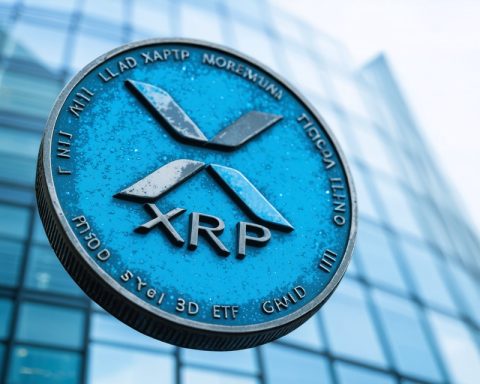In the fast-evolving world of football, one player’s linguistic prowess is setting a new standard: Robert Lewandowski. The Polish superstar is not only known for his extraordinary goal-scoring abilities but also his remarkable command over multiple languages. Lewandowski, who currently plays for FC Barcelona, reportedly speaks an impressive five languages: Polish, German, English, Spanish, and Portuguese.
Polish: As his native tongue, Polish is naturally Lewandowski’s strongest language. His charisma and ability to communicate in Polish have contributed to his popularity in his home country.
German: Lewandowski’s transfer to Borussia Dortmund in 2010 necessitated a command of German. Over the years, his fluency in German flourished, significantly aiding his integration into Germany’s top-tier football leagues.
English: Given English’s status as a global language, Lewandowski’s proficiency in it allows him to interact seamlessly on international platforms, including interviews, conferences, and team collaborations.
Spanish and Portuguese: With his recent move to Barcelona, Lewandowski added Spanish to his linguistic cache. His basic understanding of Portuguese further bolsters his interactions with a diverse array of teammates and fans alike.
As football becomes increasingly global, linguistic prowess is transforming from a luxury to a necessity for athletes. Lewandowski exemplifies the future of sports professionals as polyglots, hinting at a new dynamic in international athletics where language skills can significantly enhance both personal and professional relationships.
The Linguistic Maestro: How Robert Lewandowski is Redefining Multilingual Excellence in Football
In today’s interconnected world of football, linguistic abilities have become a surprising yet vital asset for players. Robert Lewandowski, widely celebrated for his prolific scoring, is also renowned for his command over multiple languages. While the original discussion delved into the languages Lewandowski speaks, let’s explore additional aspects surrounding his multilingual journey that highlight broader trends in sports.
Pros and Cons of Multilingual Skills in Football
Pros:
1. Enhanced Communication: Mastery of multiple languages allows players to interact more effectively with diverse teammates, coaches, and media, fostering better team dynamics.
2. Increased Marketability: Linguistic prowess enhances a player’s marketability across global markets, appealing to a larger fanbase and increasing endorsement chances.
3. Cultural Integration: Multilingualism eases cultural adaptation when players transfer to clubs in different countries, facilitating smoother transitions.
Cons:
1. Time-Consuming: Acquiring new languages demands significant time and effort, which can be challenging to balance with rigorous training schedules.
2. Cognitive Overload: Managing multiple languages might occasionally lead to cognitive fatigue, particularly when switching between them rapidly.
Innovations in Language Learning for Athletes
The necessity for multilingual skills in football has spurred various innovations:
– Language Learning Apps: Personalized language learning apps tailored for athletes offer flexibility and cater to specific industry jargon, making them more effective choices.
– Immersive Training: Clubs are now providing immersive language training environments that include cultural education to better prepare players for international moves.
Trends: Language Skills as Career Enhancers
Recent trends show that clubs are increasingly viewing language skills as crucial for player development. This shift indicates a growing acknowledgment of the benefits of multilingualism, not just for player performance but for their post-career opportunities in media, coaching, and management roles.
Predictions for the Future
With globalization, the sports world is set to see a rise in polyglot athletes. Language training programs might become an integral part of a player’s development process, akin to physical and tactical training.
—
Discover more about the world of football at FIFA.
Lewandowski’s multilingual mastery not only enhances his game but also sets a benchmark for holistic athlete development in the global arena. As the landscape of professional sports evolves, linguistic skills will likely take center stage in defining player success and legacy.












